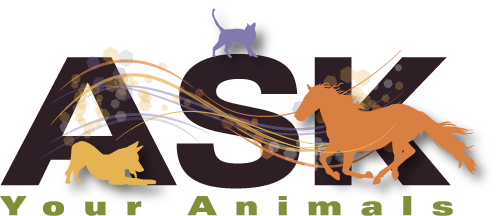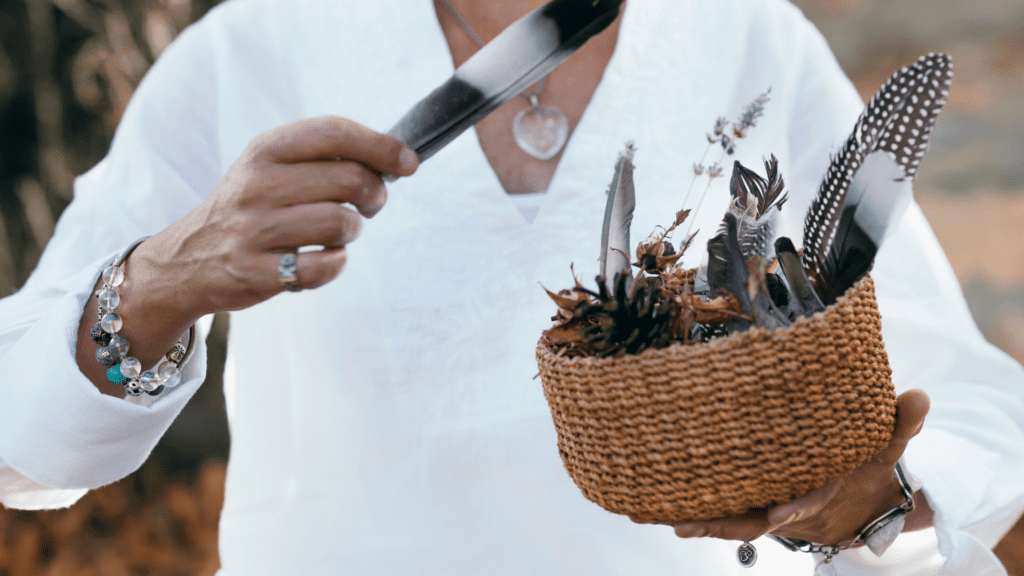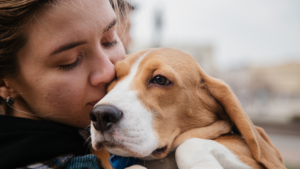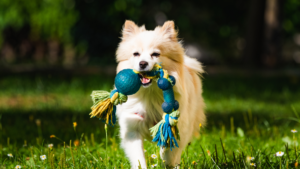As an animal medical intuitive, I’ve had the privilege of connecting deeply with animals and understanding their health and well-being on a spiritual level. This unique ability to sense and interpret the subtle energies and emotions of animals has led me to explore how different cultures around the world view and practice medical intuition. What I’ve discovered is a rich tapestry of beliefs and practices, each offering valuable insights into the universal language of healing.
Ancient Wisdom: Indigenous Cultures
Indigenous cultures have long understood the interconnectedness of all living beings. In many Native American tribes, animals are seen as spiritual guides and messengers. Shamans and healers, often considered the original medical intuitives, have a profound ability to communicate with animals. They use rituals, ceremonies, and natural remedies to restore balance and health. For example, the Lakota Sioux believe that animals can share their wisdom and healing powers with humans through visions and dreams.
In Australian Aboriginal culture, the concept of “Dreamtime” encompasses the past, present, and future, where all life is interconnected. Aboriginal healers, known as “Ngangkari,” use their intuitive abilities to diagnose and heal physical and spiritual ailments in both humans and animals. Their practices emphasize the importance of harmony with nature and respect for all living creatures.
Eastern Philosophies: Energy and Balance
In Eastern philosophies, medical intuition is often linked to the flow of energy within the body. Traditional Chinese Medicine (TCM) and Ayurveda, two of the world’s oldest medical systems, emphasize the balance of energies for optimal health.
In TCM, the concept of “Qi” (life force energy) flows through meridians in the body. Practitioners use acupuncture, herbal medicine, and Qi Gong to harmonize these energies. Similarly, Ayurvedic medicine in India focuses on balancing the “doshas” (biological energies) to maintain health. Both systems acknowledge that animals, too, possess these vital energies and can benefit from intuitive healing practices.
Western Approaches: Integrating Science and Intuition
In the West, medical intuition is often seen through a more scientific lens, yet there’s a growing recognition of its value in holistic health. Veterinary practices increasingly incorporate intuitive insights alongside conventional medicine. Animal communicators and medical intuitives work with veterinarians to diagnose and treat illnesses that may not be immediately apparent through physical examinations alone.
One notable example is the work of Dr. Marty Goldstein, a renowned holistic veterinarian who integrates conventional veterinary medicine with alternative therapies. His approach emphasizes the importance of understanding an animal’s emotional and energetic state to provide comprehensive care.
African Traditions: Spiritual Connections
In many African cultures, animals are revered for their spiritual significance. Traditional healers, known as “Sangomas” in Southern Africa, use their intuitive abilities to communicate with ancestors and spirits, often through the presence of animals. These healers perform rituals and use medicinal plants to address both physical and spiritual health.
In West Africa, the Yoruba people believe in the concept of “Ori,” the spiritual intuition and inner consciousness that guides individuals, including animals, toward their destiny. Yoruba healers use divination practices to connect with this spiritual intuition and provide guidance and healing.
Modern Perspectives: Global Integration
Today, medical intuition for animals is gaining recognition as a valuable complement to traditional veterinary care. Practitioners around the world are integrating ancient wisdom with modern science to offer holistic approaches to animal health. Online courses, workshops, and certifications are making it more accessible for individuals to develop their intuitive abilities and apply them in practical settings.
In my practice as an animal medical intuitive, I draw upon these diverse cultural perspectives to offer a holistic approach to healing. By honoring the wisdom of indigenous traditions, the energy principles of Eastern philosophies, the integrative practices of Western medicine, and the spiritual connections of African traditions, I strive to provide compassionate and comprehensive care for animals.
Cultural perspectives on medical intuition offer a wealth of knowledge and practices that can enhance our understanding of animal health and well-being. By embracing these diverse traditions, we can cultivate a deeper connection with the animals we love and care for, fostering a world where intuitive healing is recognized and respected across cultures.



